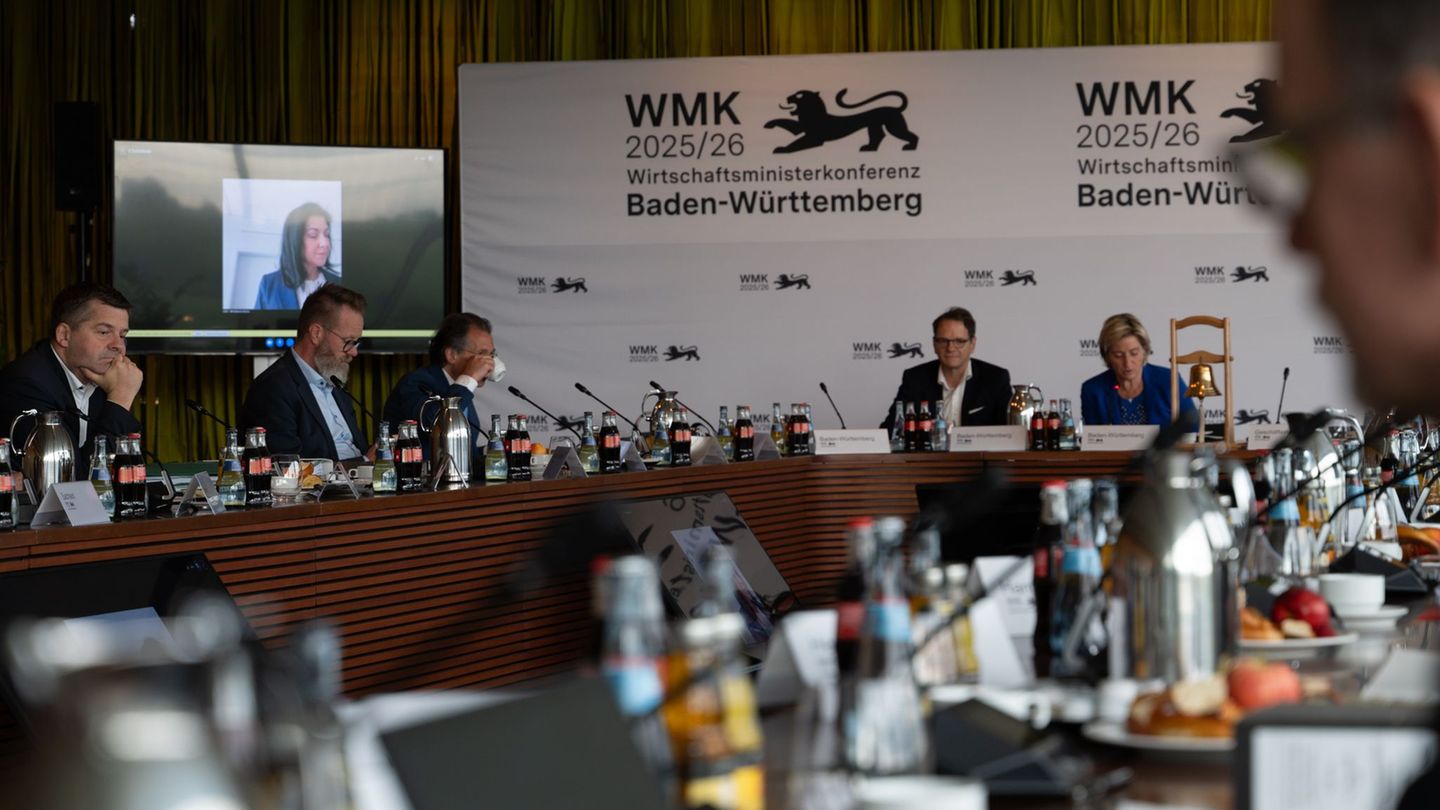Menu
Environmental policy: Countries against complete ban on Pfas chemicals
Categories
Most Read
Only in 50 years will it be revealed who all the nominees and their promoters were
October 9, 2025
No Comments
sale of dollars, swap, exchange bands and IMF monitoring
October 9, 2025
No Comments
assured that the bands are still adequate
October 9, 2025
No Comments
Scott Bessent announced that the US Treasury bought pesos and confirmed the swap for US$20,000 million
October 9, 2025
No Comments
Save on your patent! Pay with this virtual wallet and get an exclusive refund in October 2025
October 9, 2025
No Comments
Latest Posts

Iron deficiency caused by matcha tea? What you should know about it
October 10, 2025
No Comments
Drink hype Can matcha tea cause iron deficiency? What you should know about it Listen to article Copy the current link Add to watchlist Does

Simone Biles said goodbye to Buenos Aires with a gymnastics party and won the hearts of the Argentine public
October 10, 2025
No Comments
Simone Bilesone of the most decorated athletes of all time, closed her time in the City of Buenos Aires this Thursday with an exciting clinic

The market projects what may happen to Argentine stocks and bonds after the elections
October 10, 2025
No Comments
The national legislative elections on October 26 are getting closer, and the reality is that it is not known exactly what results they will return.
24 Hours Worlds is a comprehensive source of instant world current affairs, offering up-to-the-minute coverage of breaking news and events from around the globe. With a team of experienced journalists and experts on hand 24/7.

